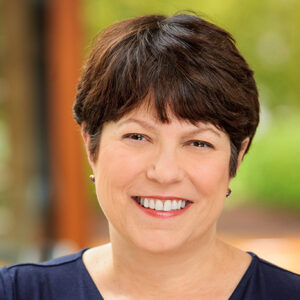Dr. Kelly Henning is a medical doctor and epidemiologist trained in internal medicine, infectious diseases and public health in the United States. She received her epidemiology training in the Epidemic Intelligence Service at the U.S. Centers for Disease Control and Prevention. Subsequently, Dr. Henning has been an associate professor in infectious disease and hospital epidemiology at the University of Pennsylvania School of Medicine.
Dr. Henning was the Director of the newly formed Division of Epidemiology at the New York City Department of Health and Mental Hygiene from 2003 to 2006 before joining Bloomberg Philanthropies in January 2007. Projects under her direction include: the Bloomberg Initiative to Reduce Tobacco Use, a 17-year, more than $1 billion global program aimed at curbing the tobacco epidemic in low- and middle-income countries; the Food Policy Program, a global, multi-year effort to support public health policies aimed at promoting healthy food choices; the Bloomberg Philanthropies Initiative for Global Road Safety, a commitment to reduce road traffic deaths and injuries in 15 countries and 27 cities; the Drowning Prevention Program, which collects data on drowning and tests high-potential interventions to prevent drowning deaths among high-risk populations; and the Data for Health initiative, which enables more than 40 countries to vastly improve public health data collection.
